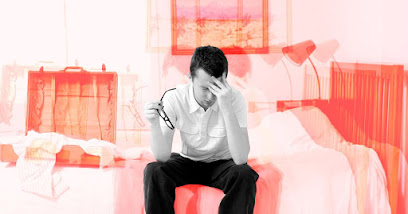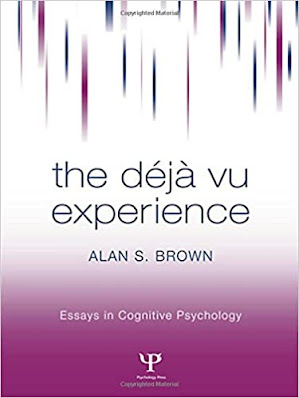Literature Review #2

Visual Citation Wells et al.: Persistent psychogenic déjà vu: a case report. Journal of Medical Case Reports 2014 8:414. Summary This case report provides a case study about a young man with anxiety and depersonalisation who reports persistent déjà vu. This case of a 23-year-old White British man dates back to 2007 when he first started to experience symptoms of anxiety and also experience of intense déjà vu. He took LSD once and from then on the déjà vu became consistent. He was referred to specialists and was diagnosed with depersonalization, so he was prescribed medications. His persistent déjà vu caused him to stray away from television, listening to the radio, and reading papers and magazines. In October 2009, they tested his performance on recognition memory. In this study, they had a control group that had a normal range for depression and stress. Out of the 11 males in the study, only 8 have heard of déjà vu and out of those 8, only 3 have experienced it in the past...



